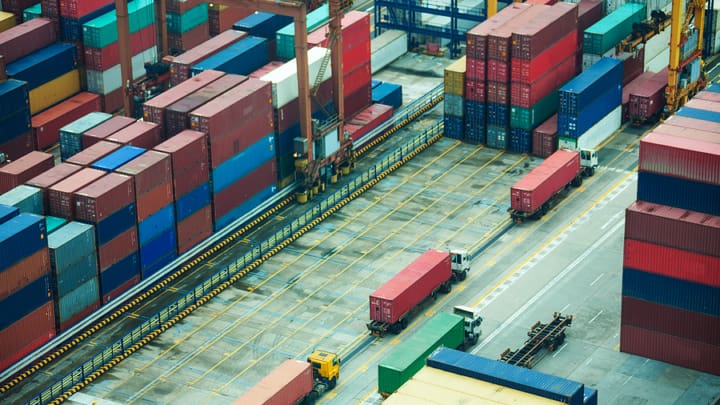Feature
ECTA raises concerns about future of combined transport in Europe
The European Chemical Transport Association (ECTA) – and its members have expressed about the future of combined transport in Europe.
Transport service providers active for the chemical industry are traditional companies that have made substantial investments in combined transport solutions over the past few decades.
This combined mode of transport is also seen as an important enabler for the European “Green Deal” and to reach the ultimate goal set by the European Commission “Fit for 55”.
However, what ECTA sees in some of the European countries, is the opposite. Rail networks are lacking capacity and the punctuality of train operations is very weak due to rail infrastructure works further reducing the capacity and causing delays or even cancelled trains.
The chemical industry has seen a reverse modal shift over the past five years. These figures are derived from the yearly Responsible Care KPI-Report published by ECTA and based on data given by its ECTA Responsible Care Members.
The share of shipments executed by combined transport is constantly decreasing from over 50 % – in 2019 52.2 % – to a level of 45.4 % in 2023.

Observing this negative intermodal transport trend, ECTA wants to contest some developments in EU member countries.
More specifically, Germany has decided to reduce considerably their subsidies for rail operations by reducing the “TRAFÖG – Trassenförderungsgesetz”.
Such national decisions are in contradiction with the EU policy and should be revised.
Despite the actual situation, ECTA and its members – major transport service providers for the chemical industry – will continue to invest in combined transport solutions as ECTA believes that this mode of transport does not only contribute to a reduction of emissions, combined transport also positively contributes to the competitiveness of the European economy and the overall mobility across Europe.

